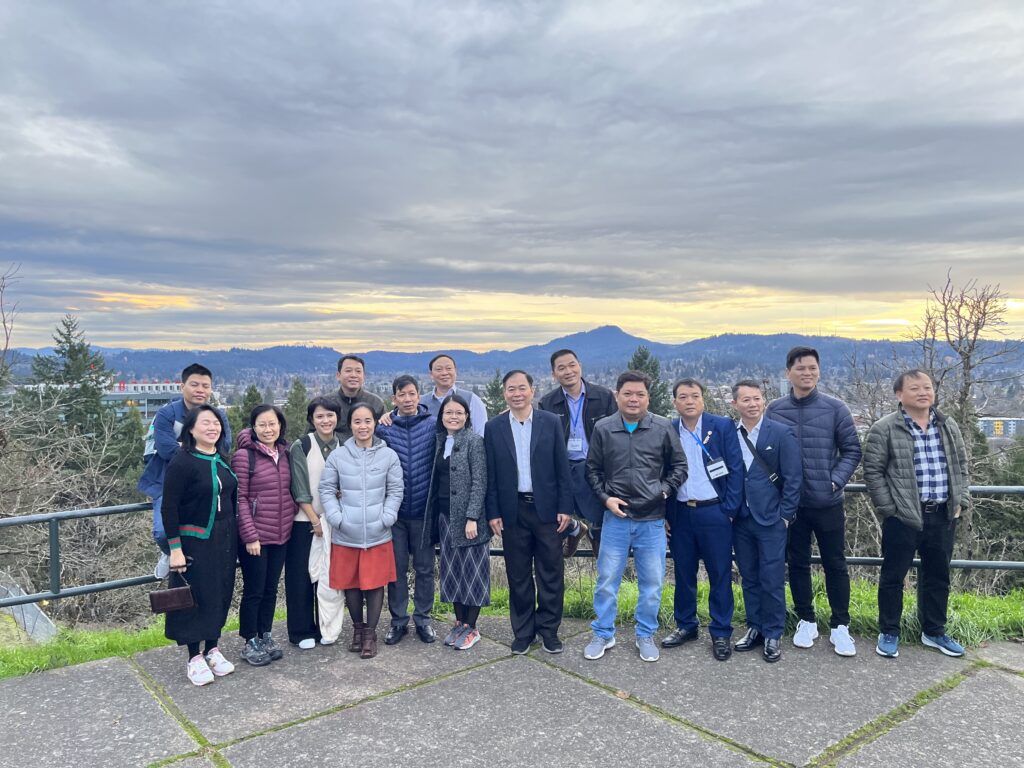In this issue of A World Awaits You (AWAY), we encourage you to read stories from people with disabilities who brought arts integration curriculum to China or taught goalball in Russia. They volunteered and interned from Chile to Switzerland to Cameroon, and each is planning where they will go next.
Even if you missed out on studying abroad, why not explore other international opportunities to immerse yourself in another culture and gain resume-building skills through: the arts, sports, volunteerism, internships, and professional experiences?
Participating in these kinds of overseas activities expose you to new places and interactions, help define your own values and interests, and allow you to give back while gaining experiences to set you on a path forward.
While alternative spring break and intern abroad programs are popular options for those still in school, these international opportunities can happen at any age.
As a mid-career professional or recent retiree, take time to broaden your interests and imagine taking it to the next level. Experiential exchanges open up cross-cultural collaboration that can lead to innovation in your field. You can also contribute to citizen diplomacy or transition into later life pursuits.
When encountering people in other cultures, be open to forming new connections that arise from shared identities or life experiences. People with disabilities who travel abroad can quickly find disability communities in other countries to tap into for friendship, support, or a possible volunteer or internship opportunity.
We need more of these interactions, so accessibility for people with disabilities is envisioned in new ways and inclusion becomes a reality in more places.
Some international travelers with disabilities choose to do an internship, cultural exchange, or volunteer program that is not necessarily focused on disability. They are participating in projects about the environment, for example.
Whatever type of experiential program you choose, you may find yourself indirectly changing perceptions if you have a visible or known disability and are the only exchange participant in the group or first visitor to the community to have one. You are showing what is possible, and educating others about disability in much the same way the local community is learning about you and your home culture.
The National Clearinghouse on Disability and Exchange staff and website can guide you on exploring and planning for similar journeys. Share your experiences and gain more abroad!
Read this issue of the A World Awaits You journal to learn more.
Free services and resources have been made possible by the National Clearinghouse on Disability and Exchange (NCDE). The National Clearinghouse on Disability and Exchange is a project of the U.S. Department of State’s Bureau of Educational and Cultural Affairs, designed to increase the participation of people with disabilities in international exchange between the United States and other countries, and is supported in its implementation by Mobility International USA.




